A unique anthology of piano music linked to the Dada art movement in Paris between 1920 and 1923, Festival Dada Paris is based on the piano repertoire performed at two landmark Dada happenings staged in Paris. The first was the Festival Dada on 26 May 1920, and the second the infamous Soirée du Coeur â Barbe on 6 July 1923 - an event disrupted by violent confrontation between Tristan Tzara's Dada faction and the Surrealist vanguard lead by André Breton.
Music from the 1920 event includes two pieces by Georges Ribemont-Dessaignes as well as The American Nurse by Francis Picabia, consisting of "three notes repeated to infinity". Pieces performed at the riotous 1923 soirée include two fox-trots by Georges Auric and Darius Milhaud (both members of compositional grouping Les Six), Trois Morceaux en Forme de Poire by Erik Satie (performed in person by the composer on the night), and Three Easy Pieces by Igor Stravinsky.
The anthology also includes other pieces such as Satie's bizarre playlet Le Piège de Méduse (premiered in Paris in May 1921), Drie Composities voor Klavier by the Belgian-born Dada/Surrealist E.L.T. Mesens, and a piano rendering of Marcel Duchamp's short vocal Musical Erratum from 1913. The album closes with an historic Stravinsky recording from 1925 by Marcelle Meyer, the virtuoso pianist who performed at both Dada events in 1920 and 1923.
While often described in written histories of Dada and Surrealism, the music performed at these legendary happenings is rarely heard. Remarkably, this project includes the first ever recordings of the featured compositions by Ribemont-Dessaignes, Picabia and Mesens. All were researched and performed by Dutch pianist Peter Beijersbergen van Henegouwen.
The CD booklet includes detailed liner notes by James Hayward as well as archive images.
Tracklist:
1 ERIK SATIE Trois morceaux en forme de poire
2. DARIUS MILHAUD Caramel Mou (shimmy)
3 GEORGES AURIC Adieu, New York (Fox-trot)
4 IGOR STRAVINSKY Trois pièces faciles à quatre mains
5 GEORGES RIBEMONT-DESSAIGNES Le Nombril Interlope
6 FRANCIS PICABIA La Nourrice Américaine (fast)
7 GEORGES RIBEMONT-DESSAIGNES Pas de la chicorée frisée
8 ERIK SATIE Le Piège de Méduse
9 E.L.T. MESENS Drie Composities voor Klavier
10. MARCEL DUCHAMP Musical Erratum
11. FRANCIS PICABIA La Nourrice Américaine (slow)
12. STRAVINSKY Ragtime (1925 recording by Marcelle Meyer)
13. STRAVINSKY Le Pelican (fox-trot) (wax cylinder recording)
Reviews:
"This soundtrack to four Parisian Dada events recreated on this CD is revealing. The 1923 event included cute foxtrots by Satie acolytes Milhaud and Auric, an exercise in suave primitivism by Stravinsky, and Satie's own Trois Morceaux en Forme de Poire, a sardonic response to Debussy's accusation that his compositions were formless. Satie, whose music alternated between quirky charm and translucent beauty, has been hugely important to later, more overt experimentalists, not least because of his constitutional perversity and creative independence. For these reasons he was Dada's favoured composer, although audibly his own man. Les familiar, and in that sense more interesting, music is included here, for example three pithy pieces by ELT Mesens. Picabia outstrips even the confrontational minimalism of Satie's sublimely tedious Vexations, while Duchamp's Musical Erratum enshrines randomness decades in advance of John Cage's use of chance procedures. Still more arresting are the mechanical thrust and punchy articulation of two chance-based pieces by Ribemont-Dessaignes, a distorted echo perhaps of fashionable player piano music. Dada music may not have captured the 'roaring of tense colours' that Tzara was after in his soirees, but with Satie's unassuming guidance it has reverberated into an experimental future" (The Wire, 04/2008)
"Pianist Peter Beijersbergen van Henegouwen's account of Satie is flat and cerebral, a winning strategy that allows Satie's oddness to register on its own terms. His take on Stravinsky adds coolly controlled grit, while he relishes the structural labyrinth of the Auric. Picabia's slowly unfolding piece hovers like an anticipation of Morton Feldman, and Duchamp is curiously refreshing. The disc concludes with two archival gems, and this latest instalment from the LTM label is a stimulating postcard of bygone controversies" (International Piano, 5-6/2008)

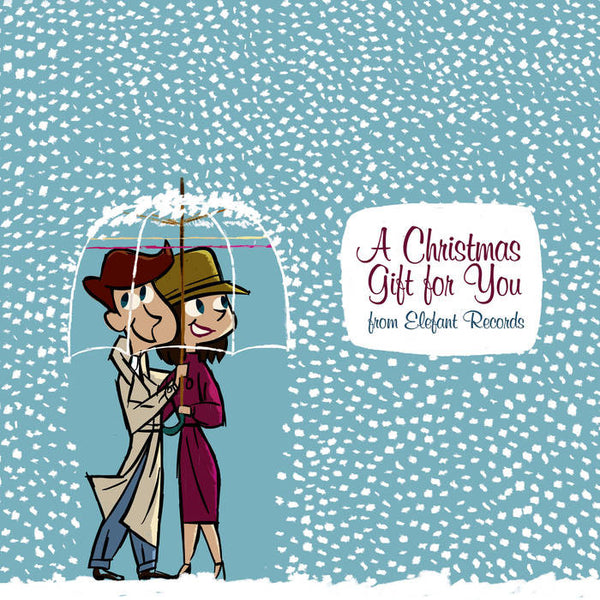
$14.99
Here at Elefant, we have always been huge fans of Christmas albums, so we finally decided to get our act together, and we’ve put a...

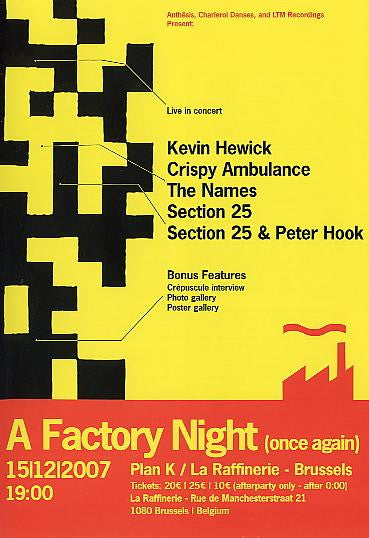
$16.29
A DVD souvenir of A Factory Night (Once Again), the live event staged at the historic Plan K venue in Brussels on 15 December 2007,...

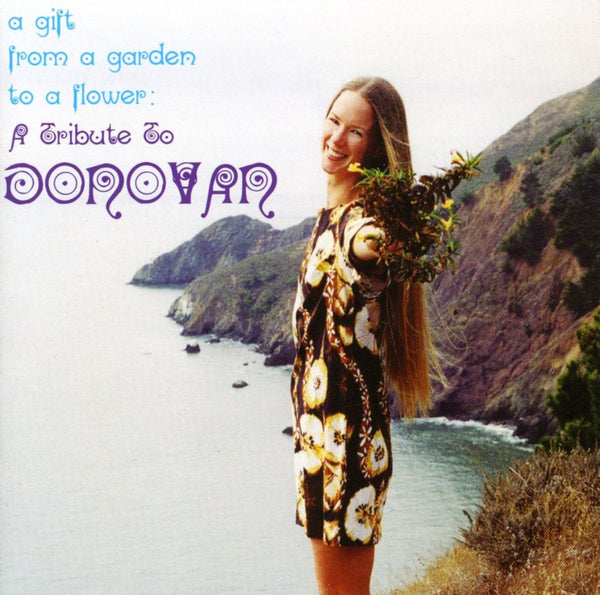
$12.00
1. Pas/Cal - Oh Gosh2. My Morning Jacket - Wear Your Love Like Heaven3. Photon Band - To Sing for You4. The Orange Alabaster Mushroom...

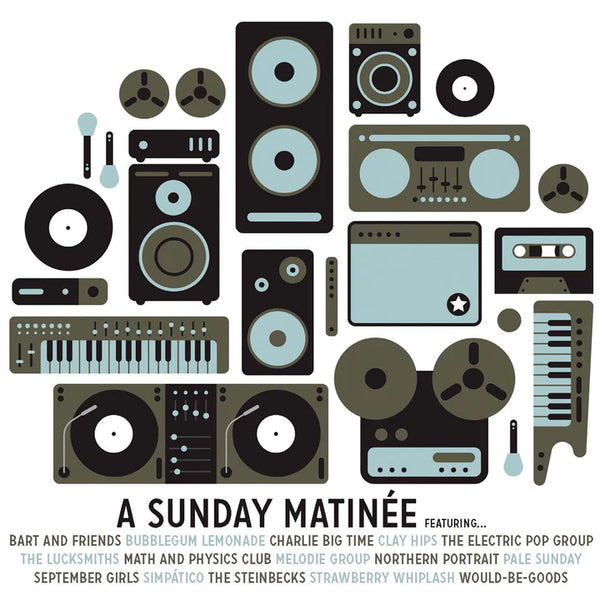
$10.00
A fantastic compilation celebrating the 15th anniversary of California indie label Matinée Recordings. To honor this milestone, the label invited 15 of its artists from...

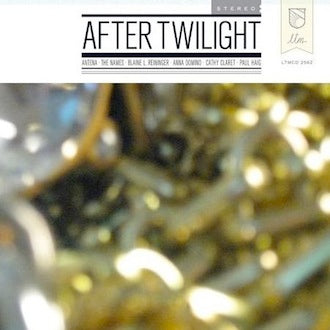
$13.99
After Twilight is an album of new recordings by artists associated with Les Disques du Crépuscule. With contributions from Antena, Anna Domino, Paul Haig, Blaine L....

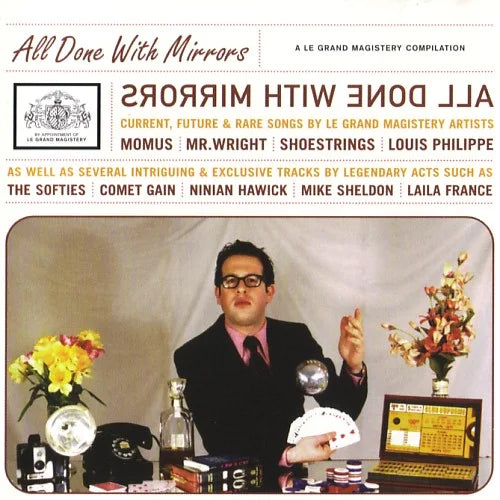
$10.00
Release date: 9/28/1998 Louis Philippe - Sunshine Louis Philippe - She Means Everything To Me Momus - The Homosexual (Live) Shoestrings - Summer Days Mr....

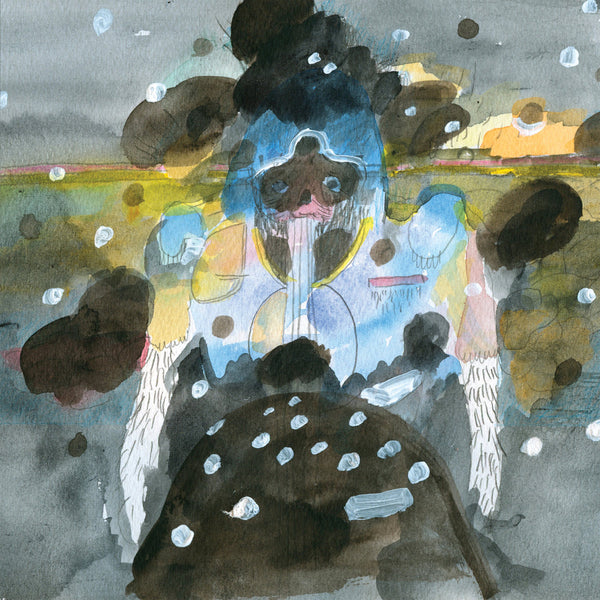
$6.99
1. E*Vax "Awl"2. White Rainbow "See and The Field Feels" 3. Mudboy “Study for a Sleep Album- 2nd Movement”4. Dania Shapes "Weird Boombox" 5. Bird...

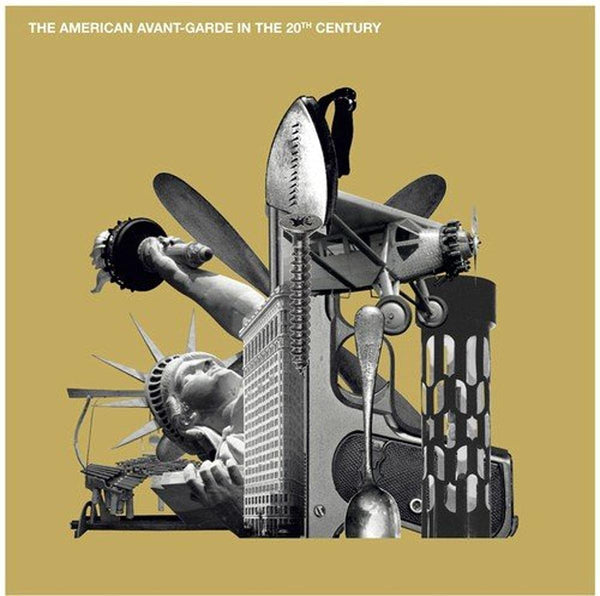
$14.75
Following on from our popular primer A Young Person's Guide to the Avant-Garde, LTM now offers a comprehensive overview of American avant-garde music in the 20th...